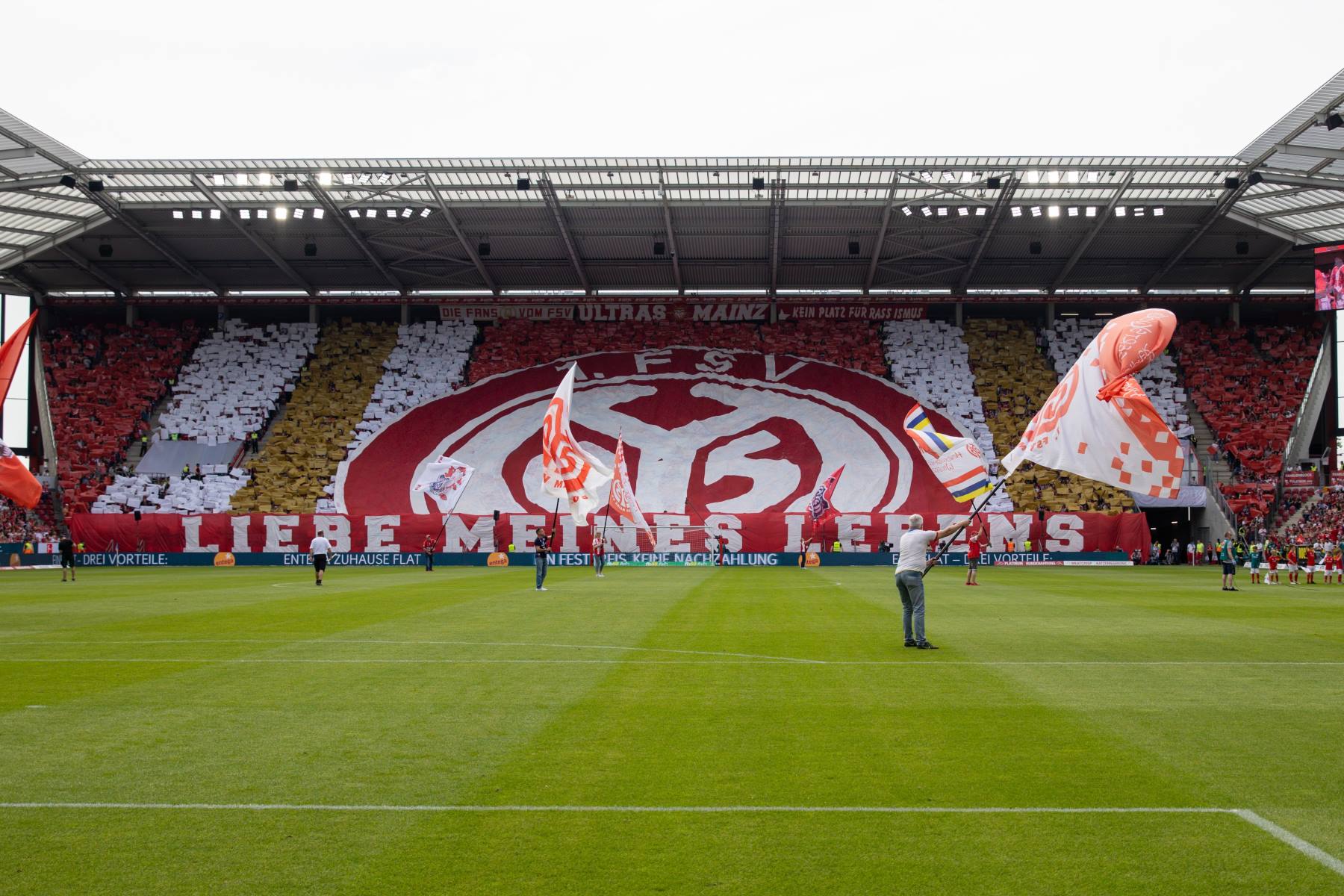Hoffenheim

The Rise and Resilience of TSG 1899 Hoffenheim: A Football Fairy Tale
In the heart of Germany’s Baden-Württemberg region lies a village of just over 3,000 inhabitants. Yet, this unassuming locale is home to one of the Bundesliga’s most intriguing and resilient clubs: TSG 1899 Hoffenheim. Founded in 1899 as a gymnastics club, Hoffenheim’s journey to becoming a top-flight football team is nothing short of a modern-day fairy tale. This article delves into the club’s rise, its unique identity, and the challenges it has overcome to cement its place in German football.
From Village Club to Bundesliga Sensation
Hoffenheim’s story took a dramatic turn in 2000 when Dietmar Hopp, co-founder of software giant SAP and a lifelong resident of the village, began investing in the club. Hopp’s financial backing transformed Hoffenheim from a regional amateur side into a professional outfit. Under his guidance, the club achieved an unprecedented rise, climbing from the fifth tier to the Bundesliga in just seven years.
The 2008–2009 season marked Hoffenheim’s debut in Germany’s top division, and they wasted no time making an impact. Led by manager Ralf Rangnick, the team played an exhilarating brand of attacking football, finishing a remarkable seventh place. Players like Vedad Ibišević, Demba Ba, and Sejad Salihović became household names, and the club’s home ground, the Rhein-Neckar-Arena, became a fortress of ambition.
The Julian Nagelsmann Era: Youthful Innovation
Hoffenheim’s commitment to innovation reached new heights in 2016 when Julian Nagelsmann, then just 28 years old, became the youngest head coach in Bundesliga history. Nagelsmann’s tenure was marked by tactical brilliance and a focus on developing young talent. Under his leadership, Hoffenheim qualified for the UEFA Champions League for the first time in 2018, a testament to the club’s growing stature.
Nagelsmann’s success at Hoffenheim not only solidified the club’s reputation as a talent incubator but also paved the way for his own rise as one of Europe’s most sought-after managers. Players like Niklas Süle, Kerem Demirbay, and Nadiem Amiri flourished under his guidance, attracting the attention of bigger clubs.
Challenges and Resilience
Despite its achievements, Hoffenheim has faced its share of challenges. The club’s reliance on Hopp’s financial support has drawn criticism, with some accusing it of distorting the competitive balance of the Bundesliga. Additionally, Hoffenheim’s small fanbase and village roots have made it a target for ridicule from supporters of larger clubs.
However, Hoffenheim has embraced its underdog status, turning it into a source of pride. The club’s motto, “Ein Dorf sieht schwarz-weiß” (“A village sees black and white”), reflects its resilience and commitment to its identity. Hoffenheim’s fans, though small in number, are fiercely loyal, creating a tight-knit community that stands in stark contrast to the mega-clubs of Europe.
Hoffenheim’s Impact on German Football
Hoffenheim’s rise has had a profound impact on German football. The club’s success has challenged the notion that only traditional powerhouses like Bayern Munich or Borussia Dortmund can dominate the Bundesliga. By prioritizing youth development and tactical innovation, Hoffenheim has become a blueprint for smaller clubs aspiring to compete at the highest level.
Moreover, Hoffenheim’s academy has produced numerous players who have gone on to represent the German national team, including Süle, Serge Gnabry, and Sebastian Rudy. This emphasis on homegrown talent aligns with the Bundesliga’s broader philosophy of nurturing young players.
The Future of Hoffenheim
As Hoffenheim looks to the future, the club faces both opportunities and challenges. Retaining top talent remains a priority, as does continuing to compete in European competitions. The appointment of managers like Sebastian Hoeneß and Pellegrino Matarazzo signals a commitment to maintaining the club’s innovative spirit.
Hoffenheim’s story is far from over. In a footballing world dominated by financial giants, the village club from Baden-Württemberg continues to defy the odds, proving that size and history are no barriers to success.
Who owns TSG 1899 Hoffenheim?
+Dietmar Hopp, co-founder of SAP, is the primary investor and owner of TSG 1899 Hoffenheim. His financial backing has been instrumental in the club’s rise.
How did Hoffenheim rise so quickly through the leagues?
+Hoffenheim’s rapid ascent was fueled by strategic investment in infrastructure, youth development, and smart player acquisitions, combined with strong managerial leadership.
What makes Hoffenheim unique in the Bundesliga?
+Hoffenheim stands out due to its small village origins, innovative approach to coaching and player development, and its ability to compete with larger clubs despite a limited fanbase.
Has Hoffenheim ever won a major trophy?
+As of now, Hoffenheim has not won a major trophy, but they have consistently competed in European competitions and are a regular fixture in the Bundesliga’s top half.
Conclusion: A Village with Big Dreams
TSG 1899 Hoffenheim’s journey is a testament to the power of vision, innovation, and resilience. From a small village club to a Bundesliga mainstay, Hoffenheim has redefined what is possible in football. As the club continues to evolve, one thing remains clear: in the world of Hoffenheim, size doesn’t matter—it’s the heart and ambition that count.


